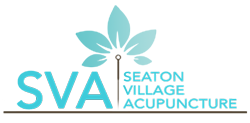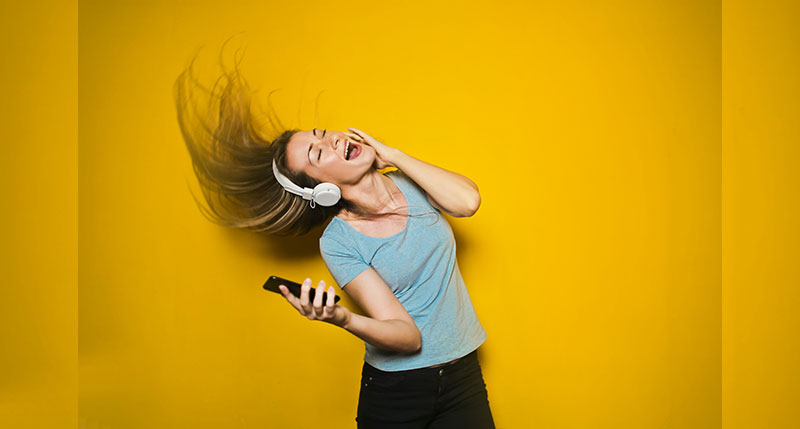According to the National Institute on Deafness and Other Communication Disorders, age-related hearing loss—also known as presbycusis—will occur in most of us as we grow older. About one-third of US residents aged 65 to 74 are hard of hearing, and after age 75, it’s about half of the population. That means as we age, many of us will have difficulty understanding conversations—with our spouses, loved ones and even doctors—and won’t be as capable of hearing car horns, phone calls, smoke alarms and even doorbells.
Hearing loss is one of the most common issues that impacts aging and elderly people, and can lead to feelings of isolation because it becomes difficult to enjoy social situations and even talk with friends and family.
One of the most pervasive causes of hearing loss is noise-related—and it’s the only cause that is preventable. Once the structures of the ear are permanently damaged by exposure to excess noise, hearing loss is permanent and irreversible.
It’s a best practice to protect our hearing throughout our lives so that we can prevent or at least mitigate the lifetime, compounded impact of noise-related hearing loss.
Here are 11 easy ways to protect your ears and your sense of hearing:
- Use earplugs in loud situations or around loud noises. Foam earplugs are inexpensive, effective, easy to use and widely available (check your local drugstore). To properly insert them, use the “Roll, Pull, Hold” method: First, roll the foam earplug between your fingers into an oblong shape. Next, with your opposite hand, pull the top of your ear back and up to straighten your ear canal. Insert the rolled-up earplug. Finally, hold the earplug inside your ear with your finger until it expands back into shape and seals the canal.
- Download a decibel app for your phone so you can monitor the noise decibel level of your environment. SPL Meter, Decibel X and Too Noisy Pro are good choices.
- Give your ears recovery time. If you’re in a loud environment such as a sporting event, concert, party or bar, step outside occasionally for five minutes of quiet. After the event is over, rest your ears in a quiet environment to give them a break and provide them with time to recover. Research indicates that it takes about 16 hours of quiet time to recover from one very loud night out.
- Use the 60/60 rule with headphones: if you’re listening to music with earbuds or headphones, listen at no more than 60% of the maximum volume and limit your headphone use to 60 minutes or fewer each day. In general, headphones are less dangerous for your hearing than earbuds, which fit very close to the eardrum.
- Don’t use cotton swabs to clean your ears. Your ears are self-cleaning. The wax they make stops harmful particles from getting into the ear canal. Using a cotton swab can push excess wax down toward your eardrum. If you produce excess earwax, gently clean around the ear canal with a damp towel or use a solution especially designed to remove ear wax.
- Take NSAIDs and other medications only as directed. Did you know that ibuprofen, naproxen and aspirin can contribute to hearing loss in some people? If you have concerns, discuss with your doctor.
- Don’t let water get into your ears. Bacterial infections thrive in moist environments, so keep ears dry to avoid infections including swimmer’s ear, which can cause hearing issues. If you feel water in your ears after swimming or bathing, tug lightly on your earlobe while tilting your head to the side to help the water drain out.
- Move it! Get your blood pumping – it can be good for your ears! To keep the internal mechanisms of the ear healthy, they need good blood flow. Regular exercise is a key to good overall health.
- Opt for quieter products. Hairdryers, vacuum cleaners, power tools and toys can produce annoying levels of noise. The Centers for Disease Control (CDC) has a Buy Quiet webpage where you can learn more about quieter products.
- Be prepared! Keep hearing protection—including foam earplugs or earmuffs—conveniently located so you can utilize them when you unexpectedly confront a loud environment. Keeping a pair of foam earplugs in your car or purse and stashing earmuffs near power tools, the lawnmower or vacuum will go a long way toward helping you practice good hearing health!
- Educate children about the dangers of loud music and earbuds and encourage them to adopt good hearing practices at an early age. To help inspire them, visit the CDC’s page where they can hear what it sounds like to have a hearing loss.
Remember: if you have to shout to be heard, your environment is potentially damaging your ears and may result in noise-related hearing loss. Position yourself as far away as possible from speakers and the source of loud noises, and limit your length of exposure.
The most successful way to protect your hearing is to avoid noisy and loud situations. If it’s unavoidable, use hearing protection devices designed to reduce the sound levels that enter your ears and protect your delicate hearing system. You can even layer ear protection by using both foam earplugs and earmuffs. Taking steps to protect your hearing now will pay off in the future!

